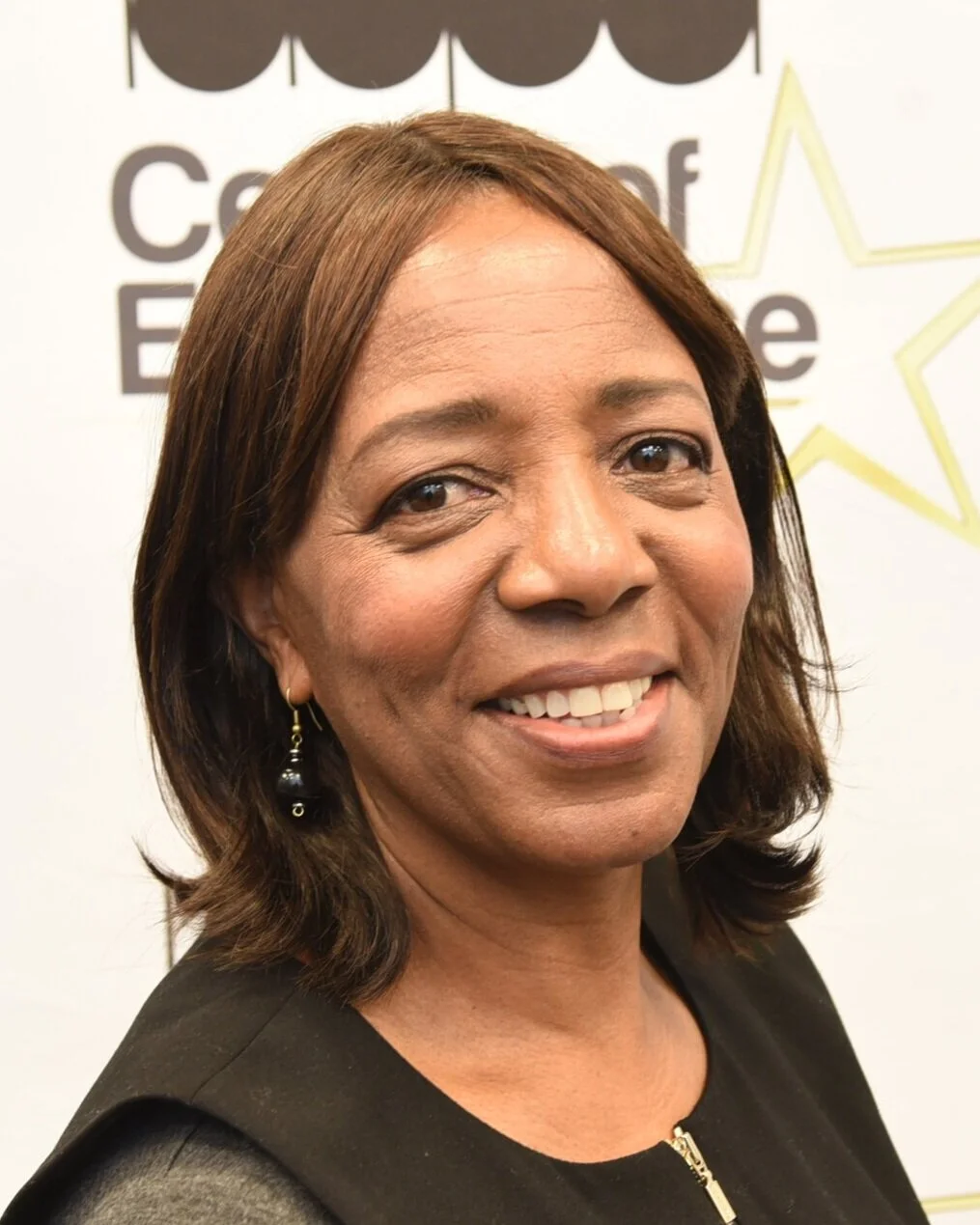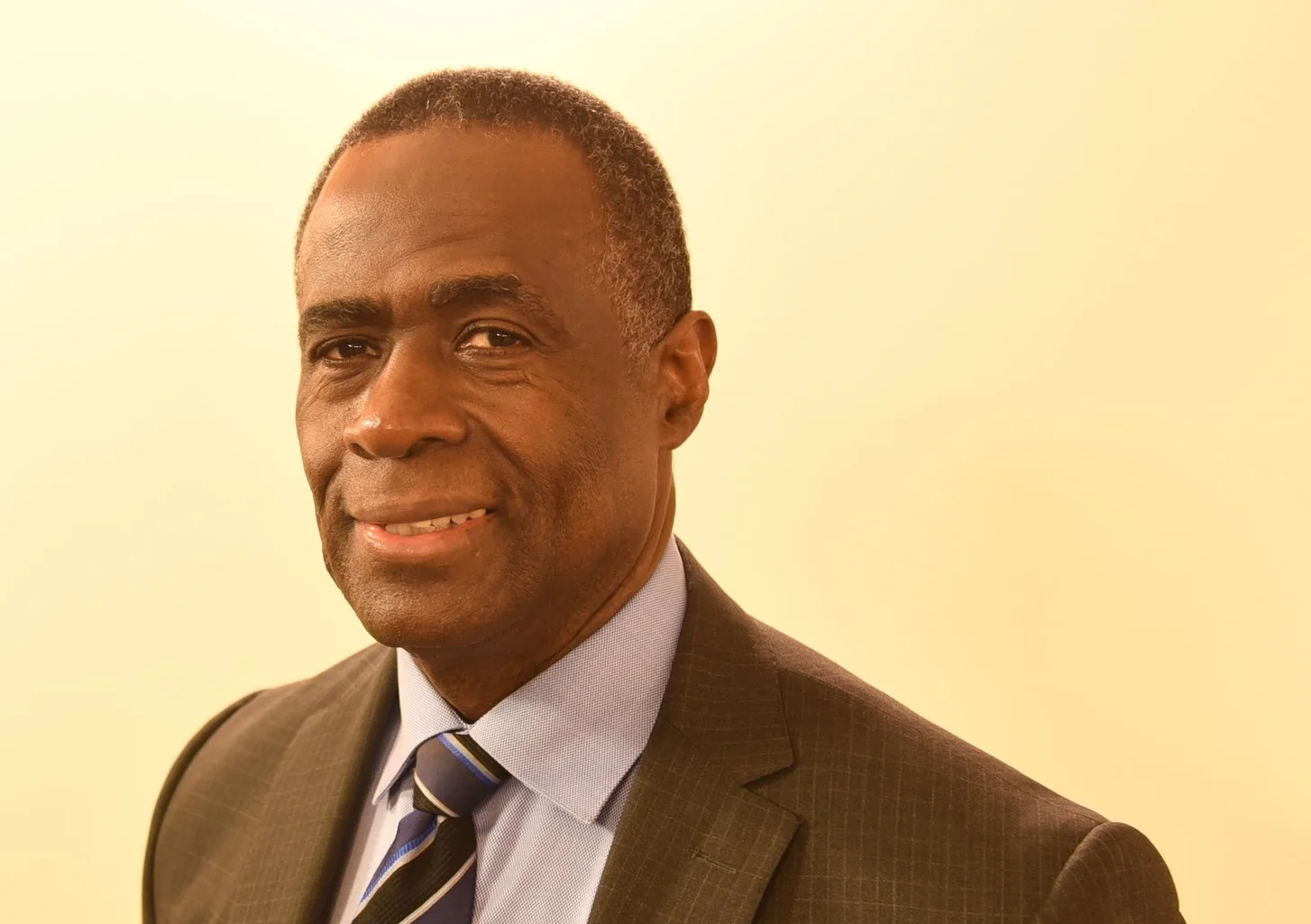'It will be a miracle if we don't get a second wave of COVID', says Dr. Upton Allen
May 22, 2020
With no vaccine imminent for at least the next year and herd immunity at an extremely low level, Canada will experience a second wave of COVID-19, says Dr. Upton Allen who is the Infectious Diseases Division Head at The Hospital for Sick Children.
“To control this virus, we need at least 65 per cent of the population to become immune,” he pointed out. “You can do that by getting an infection and recovering or through a vaccine which is about 12 to 18 months away at least. So we are left with trying to achieve protection of the community up to 65 per cent with the natural infection. In Quebec, it’s estimated that we are between three and six per cent. We are light years away from where we need to have herd immunity. The 65 per cent mark can only be achieved by lots of infections, which would overwhelm the heath care system, and we don’t want that to happen. We have a big problem and it will be a miracle if we don’t get a second wave.”
As of May 21, there were 81,313 cases and 6,162 deaths in Canada. Over 41,000 people have recovered from the virus that peaked in mid-April.
Allen doesn’t expect it to peak in the next year.
“The perfect flat curve of close to zero is something we will not see,” the Jamaican-born University of the West Indies graduate said. “We will see a mound. Our health care system will not be overwhelmed, but we will still have cases. As society re-opens which it has to do, we are going to see more cases again and as they occur, we will have some loss of life.”
The asymptomatic infection and transmission resulting in large numbers of individuals being infected is, said Allen, the main difference between COVID-19 and other viruses.
“The way that viruses survive is that they need to infect a cell to take over the machinery of the cell and to replicate,” he noted. “In so doing, their goal is not to kill the person who is giving them the cells. If a really aggressive and fatal virus is suicidal because it ends up killing its host, the virus dies unless the person transmits it to someone else. This particular virus, it appears, is able to take over a few cells of our body to replicate without making us ill. In other words, it’s guaranteeing our survival and it is also guaranteeing that because we are asymptomatic and not ill, that we will transmit it to other people.
“This virus is infecting us, it has borrowed a few of our cells in our respiratory tract to replicate and yet we aren’t sick. It is the perfect scenario for nature to have a virus that is able to cause an individual to be without symptoms and therefore able to transmit the virus through the environment to other people. If it makes someone really sick, that person will be isolated and that interrupts the ability of the virus to spread. This virus is almost behaving like a human being in that it’s essentially saying I am going to infect you but, for a significant proportion of individuals, I will not make you ill. If you don’t know you are ill, the chances of you transmitting the virus are greater.”
Allen believes the COVID-19 virus fooled everyone, including the World Health Organization.
“We prepare for infectious diseases and the potential of a novel virus that our immune system hasn’t encountered before,” he said. “Everyone, I feel, thought this was a virus that was probably not going to be as easily transmitted as it is now and that it was not highly lethal when compared with others such as the original SARS CoV-1 in 2002-3 and the Middle East Respiratory Syndrome. If you had 100 people who had the original SARS, 10 per cent will die. If you have 100 people with COVID-19, only somewhere between two or three percent will die. This virus hit my radar in February when I realized we are actually seeing transmissions in people who aren’t ill. That’s the worst nightmare.”
The University of Toronto is supporting more than 30 research projects through the nearly $9 million Toronto COVID-19 Action Fund established to support high-impact research at the university and its hospital partners that contribute to the global fight against the novel coronavirus.
Chosen on the basis of their potential to have a positive impact on individuals, communities and public health systems in the next year, the projects range from medical interventions to measures aimed at supporting the economy and vulnerable populations.
There were 338 applicants.
Allen is leading a team that looks at a cross-Canada initiative to sequence the DNA from a large number of individuals who have been infected with COVID-19.
“This project is looking at genes from the patient to determine how variations in genes might influence the immune response,” he said. ‘The argument there is that the way our immune response is triggered depends on signals that the body is getting from genes. If one sequence differs from the other, then in response to a particular invader such as COVID, the responses that I send out will be different that someone else. The responses determine how sick one gets. What we think might be happening with COVID is that the immune system in some individuals over-responds. By looking at the genes, we can get a better idea of which pathways of the immune system are responsible for the response that we see in a given patient and therefore it might provide further insight into how we dial down or up the immune system accordingly.”
The former Infectious Diseases Specialty Training Committee Chair is also collaborating with community members to look at the rate of infections in the Black community.
Former Citizenship Court Judge Pamela Appelt chairs the community advisory board that includes York University Professor Carl James and Jamaican Canadian Association President Adaoma Patterson.
“We are going to be starting in Toronto and we are going to be able to get a better understanding of the extent to which the African-Canadian population in Toronto has been affected by COVID,” said Allen. “We will also be able to determine that for example if someone lives in a particular postal code and they are African-Canadian and they get COVID, how does it compare with a White person who lives in that same postal code who is of the same socio-economic status to see if there are particular signals that suggests Afrcian-Canadians are more likely to be affected.”
A member of the Order of Ontario since 2017, Allen is a senior associate scientist in child health evaluative sciences, a Professor at the University of Toronto’s Institute of Health Policy Management and Evaluation, the co-lead for the paediatric component of the Canadian Institutes of Health Research-funded national transplant program and co-chair of the SickKids Caribbean Initiative to help build health care capacity in the region.
The inaugural Bastable-Potts Chair of Infectious Diseases Research at The Hospital for Sick Children is concerned that some of the things he thought he knew about respiratory infectious diseases in children don’t seem to be playing out the same way with COVID.
“There are some things that appear to be playing out very similarly with respect to respiratory diseases,” he added. “When you have a new virus entering a community, it tends to be brought in by people in the community like the working class. That tends to bring the virus into the home. Usually, kids aren’t the first to be infected. Once it’s circulating in the community more widely, then the kids become infected. That’s one observation that seems to be playing out here. The second thing that seems to be playing out here is that for a number of infections, adults do worse than children. We don’t know exactly why and certainly that’s one of the areas of research that we are pursuing. For most kids, it’s almost like their immune system negotiates with the virus and doesn’t over-react.
“What is brand new and throwing us a curve ball is this multi-system inflammatory syndrome or Kawasaki-like disease that seems to be affecting children mostly about a month or so after they have had COVID. That is new and we and others are having a closer look to get a better understanding of what exactly is going on. It appears there is a subset of kids whose immune system don’t over-react initially, but have a delayed over-reaction.”






